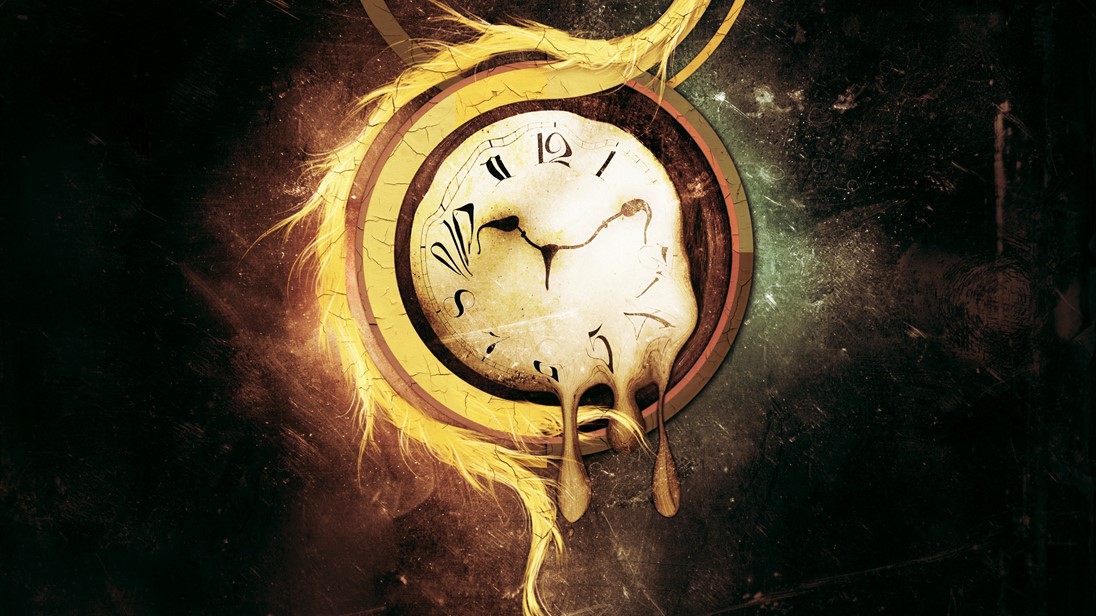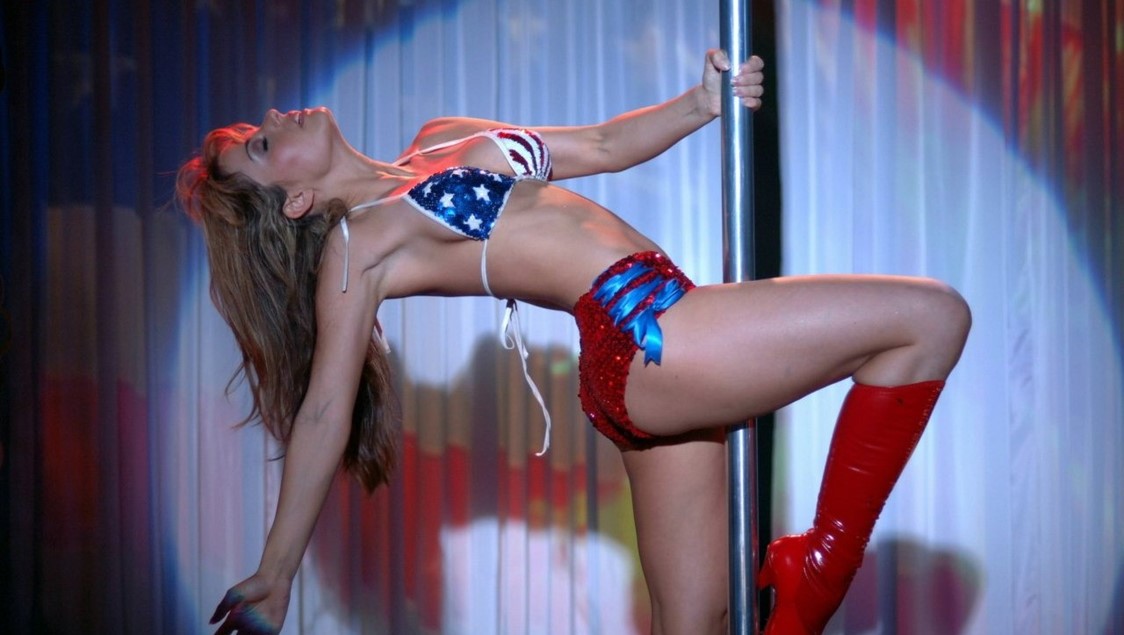What Happens When You Give A Hundred Million People Jetlag
March 13, 2016 in Daily Bulletin

Large parts of the United States moved clocks forward by an hour for Daylight’s Savings time, giving people mild jetlag. Brian Resnick wrote about some of the consequences:
- A study found that there is a small but statistically significant increase in the number of auto-accidents the Monday after clocks more forward.
- The number of deadly accidents rises from 78.2 on a typical Monday to 83.5.
- Fatalities don’t seem to rise on Sunday itself – the day of the time change – presumably because people can sleep in.
- Another study found that Daylight’s Savings time may have been responsible for an additional 302 road deaths over a ten-year period.
- But it’s not really anything to worry about. The increase is marginal given that 30,000 people die each year because of traffic accidents in the US.
- Daylight’s savings time may also marginally increase the rate of workplace injuries and heart attacks.
Read more here.
Source: Vox









Join the Discussion! (No Signup Required)